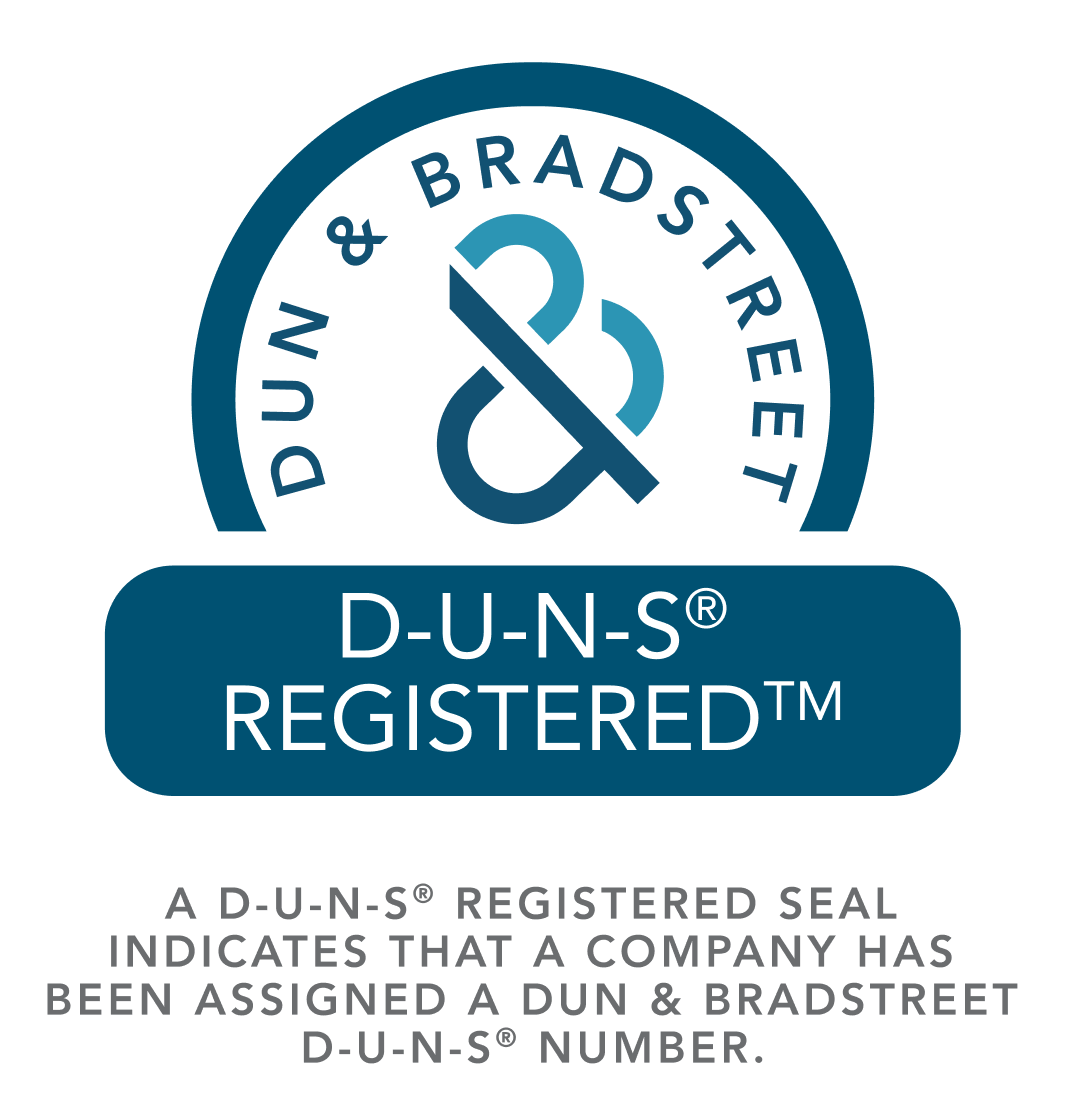Introduction
The nursing profession offers diverse career paths, each with unique roles, responsibilities, and requirements. Among these, Licensed Practical Nurses (LPNs), referred to as Licensed Vocational Nurses (LVNs) in California and Texas, and Registered Nurses (RNs) are two of the most essential and prominent positions within the healthcare system.
In this blog, we will explore the key differences between LPNs (LVNs) and RNs, providing valuable insights for aspiring nurses. Continue reading to discover how LPN (LVN) and RN credentials vary in terms of educational requirements, scope of practice, salary, and more, helping you make an informed career decision.
Responsibilities
Licensed Practical/Vocational Nurses (LPNs/LVNs) and Registered Nurses (RNs) play vital but distinct roles in the healthcare system. Here are the key differences in their responsibilities:
Licensed Practical/Vocational Nurse (LPN/LVN)
- Basic Patient Care: LPNs provide fundamental nursing care. This includes tasks like monitoring vital signs, assisting with personal hygiene, dressing wounds, and helping patients with mobility.
- Administering Medications: They can administer medications, but often under the supervision of an RN or physician, and typically do not handle intravenous (IV) medications.
- Patient Monitoring: LPNs observe patients’ conditions, reporting any changes to RNs or doctors.
- Routine Procedures: They perform routine procedures such as taking blood pressure, collecting blood samples, and preparing patients for procedures.
- Patient Comfort: LPNs ensure patient comfort by addressing basic needs and providing emotional support.
Registered Nurse (RN)
- Comprehensive Patient Care: RNs provide comprehensive patient care, including developing and implementing nursing care plans, performing diagnostic tests, and analyzing results.
- Medication Administration: They administer medications, including IV medications, and manage medication plans.
- Patient Assessment and Planning: RNs conduct thorough assessments of patients’ conditions, plan and implement care strategies, and evaluate outcomes.
- Advanced Procedures: They perform more complex medical procedures and are responsible for the technical aspects of patient care, such as inserting catheters and starting IVs.
- Supervision and Leadership: RNs often supervise LPNs, nursing assistants, and other healthcare staff, ensuring the delivery of quality care.
- Patient Education: They educate patients and their families about health conditions, treatments, and post-hospital care, promoting overall health and wellness.
- Critical Decision-Making: RNs are involved in critical decision-making processes, particularly in acute care settings. They collaborate with physicians and other healthcare professionals to determine the best course of treatment.
Work Environment
Registered nurses work in hospitals, physicians’ offices, home healthcare services, and nursing care facilities. Others work in outpatient clinics and schools.
Licensed practical nurses LPN work in a variety of settings, including nursing and residential care facilities, hospitals, physicians’ offices, and private homes. Most work full-time.
Educational Requirements

LPNs/LVNs: To become an LPN, you must complete a state-approved practical nursing program from a nursing school, which typically takes about 12-18 months to complete. These programs are often offered by community colleges, vocational schools, and some hospitals.
RNs: The educational path for RNs is more extensive. You can choose between three main educational routes: obtaining an Associate Degree in Nursing (ADN), which typically takes 2-3 years, a Bachelor of Science in Nursing (BSN), which takes about 4 years, or a diploma from a hospital-based nursing program, which also takes about 2-3 years.
Licensing
Licensed Practical/Vocational Nurse (LPN)/LVN:
- State Boards of Nursing: Licencing for LPNs is governed primarily at the state level. Each state has its own Board of Nursing that sets the requirements and oversees the licensing process.
- Application Process: To obtain a state license, you must apply through the specific state's Board of Nursing. This process includes submitting proof of completing an accredited nursing program, passing the NCLEX-PN exam, and meeting any additional state-specific requirements such as background checks and application fees.
- License Renewal: State licenses for LPNs must be renewed periodically, typically every two years. Renewal requirements vary by state but generally include proof of continuing education or professional development to ensure ongoing competency.
Registered Nurse (RN)
- State Boards of Nursing: Like LPNs, RNs are licensed by individual state Boards of Nursing. Each state sets its own requirements and procedures for obtaining and maintaining a nursing license.
- Application Process: To become licensed, RNs must apply to the state's Board of Nursing, providing evidence of graduating from an accredited nursing program, passing the NCLEX-RN exam, and fulfilling any state-specific requirements such as background checks and application fees.
- License Renewal: RN licenses must be renewed at regular intervals, often every two years. The renewal process typically requires proof of continuing education or ongoing professional development activities to maintain nursing skills and knowledge.
Salary and Job Outlook
LPNs/LVNs: According to the Bureau of Labor Statistics (BLS), the median annual wage for LPNs was $59,730 as of May 2022. Employment of LPNs is projected to grow 5% from 2022 to 2032, about as fast as the average for all occupations. This growth is driven by the increasing demand for healthcare services from the aging population.
RNs: The BLS reports that the median annual wage for RNs was $86,070 as of May 2022. The employment of RNs is projected to grow 6% from 2022 to 2032, also about as fast as the average for all occupations. The demand for RNs is expected to continue rising due to the aging population, increased prevalence of chronic conditions, and the need for healthcare services in various settings.
Career Opportunities and Advancement
LPNs/LVNs: As an LPN, you can advance your career by gaining experience, taking on supervisory roles, or pursuing further education to become RNs through LPN-to-RN bridge programs. These programs allow you to earn an ADN or BSN in a shorter time frame than traditional routes.
RNs: Beyond specializing in critical care, oncology, pediatrics, or geriatrics, RNs can embark on diverse career paths that encompass leadership, education, and research. In administrative roles, you may assume positions such as Nurse Manager, overseeing nursing units and ensuring quality patient care through staff management and policy implementation. Educational avenues allow RNs to impart their expertise as Nurse Educators, shaping the future of nursing by training aspiring healthcare professionals or providing continuing education to current nurses. If you are inclined towards research, you can contribute significantly as Nurse Researchers, conducting studies to enhance healthcare practices and improve patient outcomes.
Conclusion
Choosing between a career as an LPN/LVN or an RN depends on your career goals, educational commitment, and desired scope of practice. Both roles are crucial to the healthcare system and offer rewarding opportunities to make a difference in patients' lives. By understanding the differences between LPNs and RNs, you can make an informed decision about which nursing path is right for you.
Whether you choose the quicker route to becoming an LPN/LVN or the more extensive path to becoming an RN, both careers provide the opportunity to make a meaningful impact in the field of healthcare.
Seeking Your First Job or a New Career Challenge?
At Verovian Nursing Agency, we specialize in launching careers and fostering growth for nurses at every stage. Whether you're stepping into your first role or aiming for a fresh career horizon, we're dedicated to connecting you with the perfect opportunity. Join us today and let's pave the way to a successful and fulfilling nursing career together!




